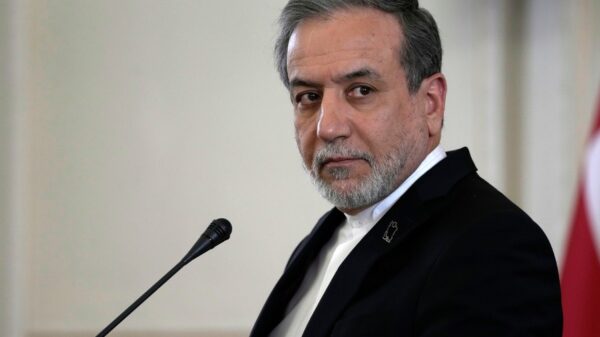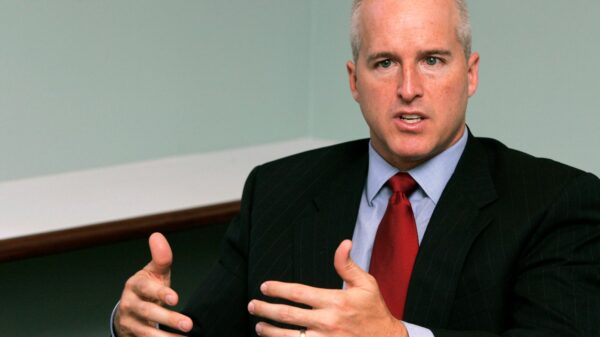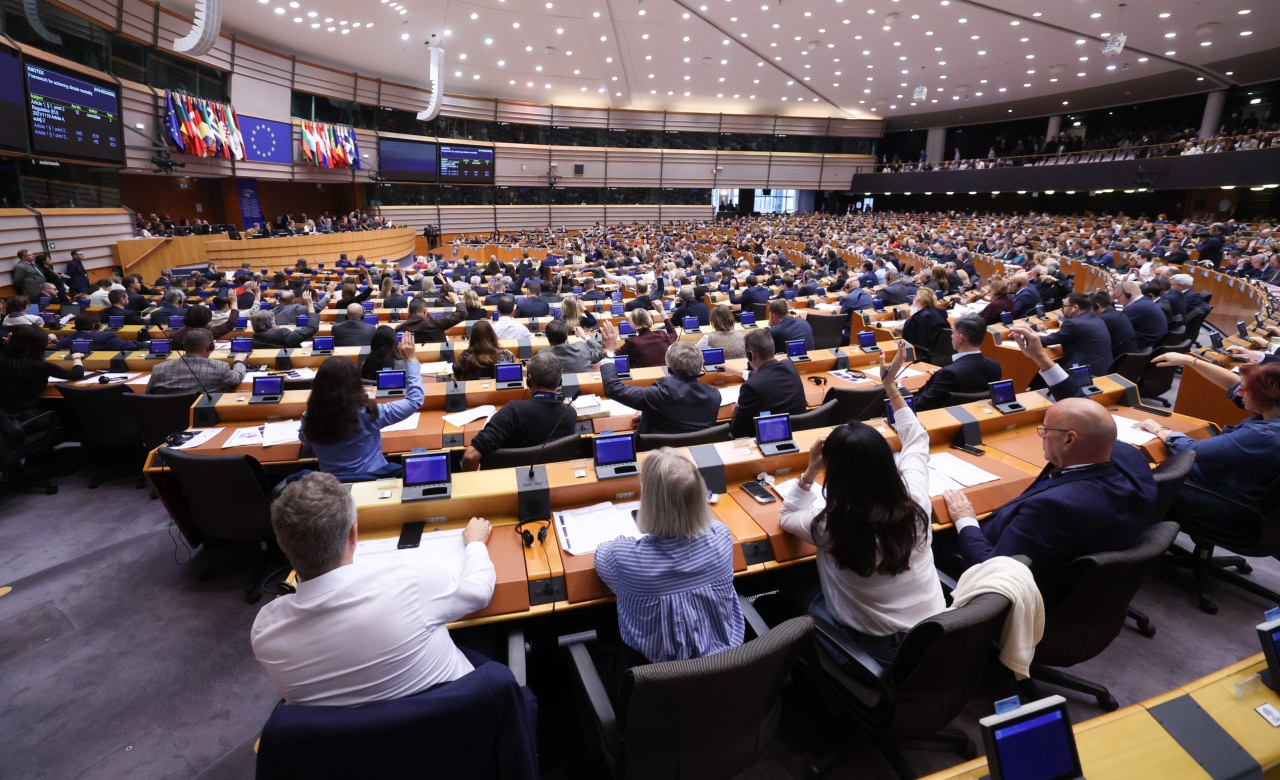The European Union (EU) is showing signs of recalibrating its economic approach as it faces mounting challenges from a fluctuating global market. Recent discussions indicate a shift towards milder regulations and a more pro-business mindset, suggesting that Europe may be awakening to its economic vulnerabilities.
In October 2023, leaders from various EU member states convened to address economic strategies aimed at fostering growth and competitiveness. This meeting highlighted a growing recognition of the need for a more agile policy framework that can respond effectively to external economic pressures, such as inflation and supply chain disruptions.
Shifting Regulatory Landscape
Historically, the EU has been characterized by stringent regulations that often stifle innovation and economic expansion. However, recent developments indicate a potential pivot. Analysts note that the current regulatory environment is becoming less rigid, which could stimulate investment and entrepreneurship across the region.
The European Commission is reportedly working on proposals that aim to simplify compliance processes for businesses. These changes could provide a significant boost to sectors that have struggled under the weight of regulatory burdens. The exact timeline for these reforms remains unclear, but the momentum towards a more business-friendly environment is palpable.
In this context, the EU’s focus on enhancing competitiveness is crucial. With global economic dynamics shifting rapidly, European leaders are increasingly aware that their economies must adapt to remain viable on the world stage.
Economic Growth and Challenges Ahead
Despite the positive signs, challenges remain. The EU’s economic growth has been sluggish, with predictions for 2023 showing a modest increase of around 1.2%. This is a stark contrast to previous years when growth rates were significantly higher. The lingering effects of the COVID-19 pandemic, coupled with geopolitical tensions, have created an uncertain economic landscape.
Moreover, the EU must navigate the complexities of energy dependency and inflationary pressures that have arisen due to the ongoing conflict in Ukraine. As energy prices soar, policymakers are under pressure to find solutions that ensure energy security while also promoting sustainable practices.
The shift towards a pro-business environment is not without its critics. Some experts argue that while deregulation can drive short-term growth, it may also undermine long-term sustainability and consumer protection. Striking a balance between fostering economic growth and maintaining regulatory safeguards will be essential for the EU’s future.
As the EU grapples with these pressing issues, the commitment to a more dynamic economic strategy will be crucial. The coming months will be telling as Europe seeks to implement these changes against the backdrop of a challenging global economy. With careful navigation, the EU has the potential to strengthen its economic position and emerge more resilient in the face of adversity.








































































